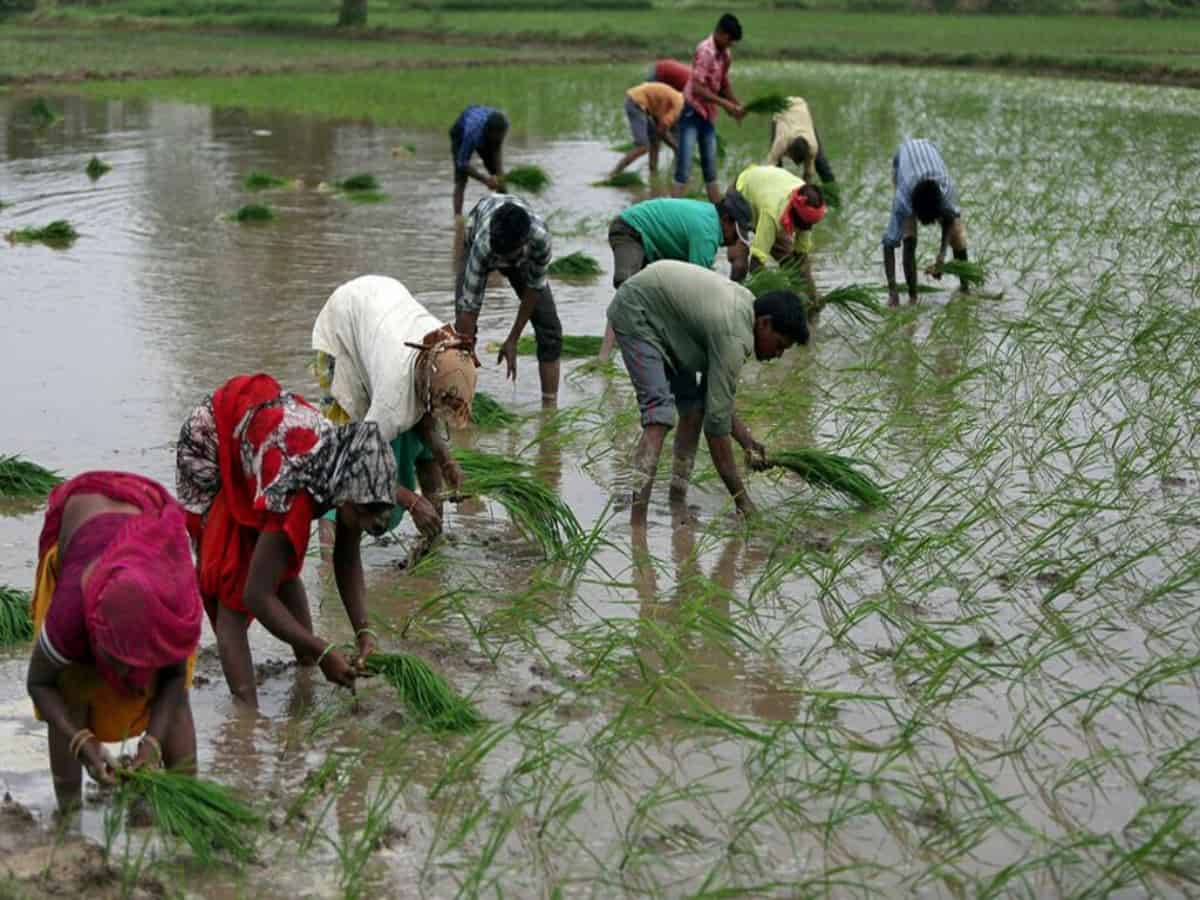
Islamabad: In view of the looming and rapidly worsening food crisis in Pakistan due to the catastrophic floods which have destroyed about 90 percent of the crops, businessmen and economic experts have urged the government to contemplate and allow import of food items from India.
The suggestion comes in reference to the emergency food security problems in the country, triggered after the flash floods since mid-June have wrecked havoc in the country, destroying standing crops spread across thousand of acres of farmland and agricultural fields; displacing and directly affecting over 33 million people; completely diminishing livestock and infrastructure.
The business community has also advised the government to also wave all taxes on the agricultural sector until the country returns to normalcy.
“We urge the government to allow imports from all four neighbouring countries,” stated a press release of Pakistan Businessmen and Intellectual Forum (PBIF).
PBIF President Zahid Hussain also referred to the Russia-Ukraine war, maintaining that it has caused global damages to agricultural commodities.
“War between Russia and Ukraine had caused a lot of damage to global agriculture and the prices of all agricultural commodities had sky rocketed,” he said.
As per Zahid Hussain, that the biggest impact has been on wheat, whose prices jumped record high, and now following the disastrous floods, its entire crop standing on millions of acres wiped out in Pakistan.
“Although imports from Iran and Afghanistan were allowed, the supply of foreign exchange to importers was stopped, which increased the cost of their business significantly,” the PBIF press release maintained.
Recommendation for allowing imports from India has been done because it is the quickest and cheapest route for food import. Trade with India has been on a halt for some time, forcing traders to opt for the route through the United Arab Emirates (UAE), which adds to the cost for the traders.
“The government should give priority to the welfare of the people and give preference to the neighbouring countries instead of importing agricultural products from distance countries,” insisted PBIF.
PBIF also suggested about the provision of about $17 billion in interest free loans to Pakistani farmers and not distribute it among farmers abroad, there can be a revolution in the country’s agricultural production.
“Otherwise, the situation could get worse even further by 2050, when Pakistan’s population is projected to reach about 380 million,” stated the press release by PBIF.
